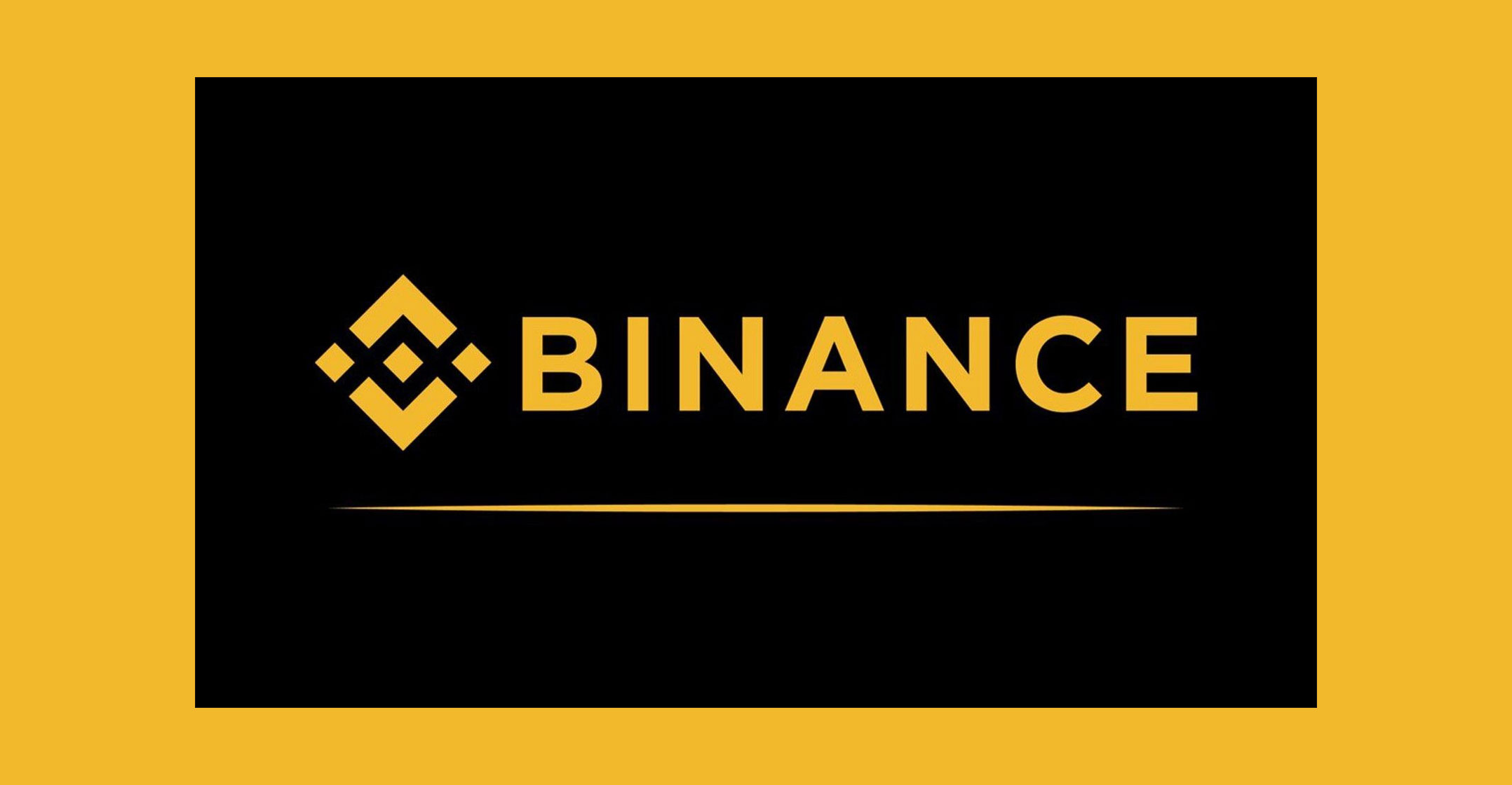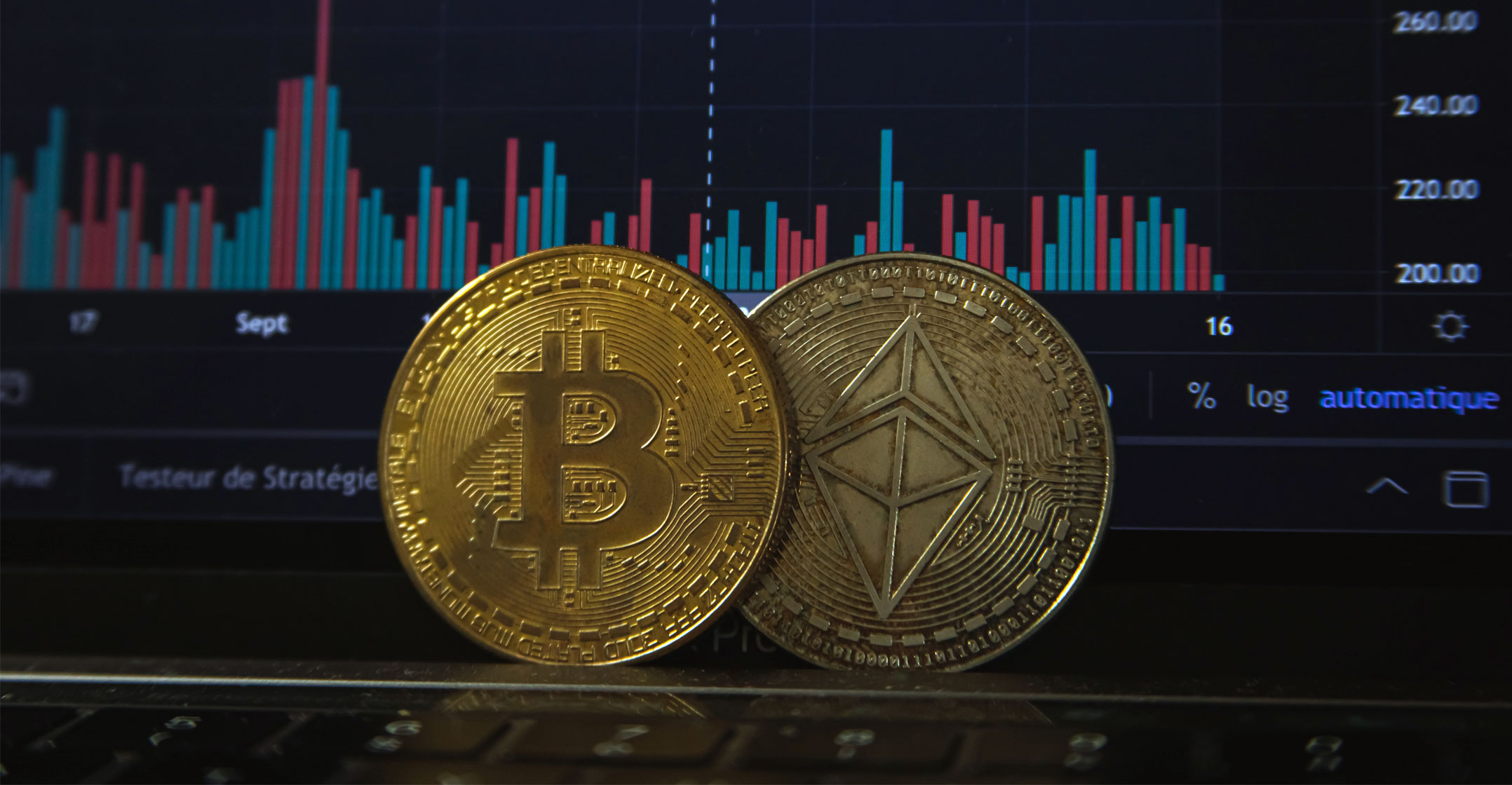 It pays its people in a digital token of its own devising. It’s based wherever its founder happens to be. A growing list of countries want no part of it. And Binance Holdings might just be the biggest, craziest thing in the big, crazy realm of cryptocurrencies.
It pays its people in a digital token of its own devising. It’s based wherever its founder happens to be. A growing list of countries want no part of it. And Binance Holdings might just be the biggest, craziest thing in the big, crazy realm of cryptocurrencies.
Welcome to the world of Changpeng Zhao, the elusive, flip-flop-wearing software developer everyone calls CZ — and the brains behind Binance. For now, it’s the largest cryptocurrency exchange on the planet, even though the UK just booted an affiliate and Thailand filed a criminal complaint against the firm for operating without a licence.
Founded in China, banished to Japan and later self-exiled to Malta, Binance today is officially domiciled in the Cayman Islands and, unofficially, headquartered precisely nowhere. The platform lives on the Internet and so far has seemed to elude regulators’ attempts to pinpoint exactly how it operates and where. At its heart is CZ, a crypto cult figure with about three million Twitter followers and a stated desire to minimise government oversight. Lately, he’s been living in Singapore.
Only now, authorities in several countries want to know more about CZ’s four-year-old experiment in crypto commerce. The UK rebuke is one of the biggest blows so far: Binance Markets can’t offer products or even advertise — a move that prompted Barclays to block debit-card payments to the exchange.
The US justice department and the Internal Revenue Service were already investigating whether Binance is a conduit for money laundering and tax evasion. The Commodity Futures Trading Commission is probing whether Binance let Americans place wagers that violated US regulations. Germany’s financial regulator said it’s concerned the firm broke rules by selling tokenised shares of Tesla and other companies.
Wild West
Binance said it’s committed to following the rules and strives to be a partner to watchdogs in routing out misconduct, a message the firm has delivered consistently.
The scrutiny shows that in the Wild West of crypto — make that the Wild East, North and South, too — getting a handle on Binance presents myriad challenges. Last year, a federal judge dismissed a lawsuit filed by a Binance contractor in Portland, Oregon, because the young company has neither offices nor managers in the states. The court ruled that it lacked jurisdiction.
The case was one for our meme-filled, crypto-denominated times. CZ acolytes refer to themselves as Binancians, and like all good Binancians, Steve Reynolds had been paid not in dollars, euro or yen but in BNB, the company’s crypto token. After Reynolds fell out with Binance, he alleged CZ threatened to hurt him financially. Then, when Reynolds checked his Binance account — empty. Some $300 000 worth of BNB had been spirited out, he claimed.
 “CZ personally stole money from me,” Reynolds said in an interview, reiterating allegations he made in his lawsuit. “There are people who have worked for Binance who believed and got screwed.”
“CZ personally stole money from me,” Reynolds said in an interview, reiterating allegations he made in his lawsuit. “There are people who have worked for Binance who believed and got screwed.”
Binance denied it did anything wrong. Its lawyer, Roberto Gonzalez, a former Obama administration official, suggested during a hearing that the company had good reason to seize Reynolds’s funds, without offering specific details. Binance has used jurisdiction arguments in other litigation — thus far, keeping adversaries from probing internal company records for any signs of ties within the US.
CZ conceded in a 6 July blog post that Binance hasn’t “always got everything right, but we are learning and improving every day”. He added that cryptocurrencies need more regulation, so that more people feel safe participating in the market. He declined to be interviewed for this story.
With Bitcoin’s meteoric rise, Binance has attracted legions of day traders eager to spend hours on computer screens swapping tokens. It’s also arguably the dream of libertarian-leaning crypto enthusiasts and the nightmare of the US Federal Reserve and other central banks: A thriving financial ecosystem where governments can’t control the printing of money or easily monitor transactions, including for possible crimes. Binance operates everything from digital wallets to its own blockchain that lets people build crypto trading apps to a popular cryptocurrency tracking website, which listed the BNB token as the fourth biggest digital coin in the world last week after it surged a whopping 1 700% over the past year.
Religious-like
Those who’ve crossed paths with CZ say he inspires something close to a religious-like following among adherents. They also say he’s determined to avoid government red tape that could slow Binance’s momentum, according to interviews with more than a dozen people who are familiar with the firm’s operations. Most asked not to be named so they could speak candidly.
When the company faces criticism, CZ often takes to social media, labeling news articles FUD — an acronym for fear, uncertainty and doubt that’s the equivalent of tagging something fake news. During one March chat with fans on the Clubhouse social media platform, he said competitors have at times bribed journalists to write “bad things about Binance”.
“We take our legal obligations very seriously,” Binance said in its e-mailed statement. “Our company is less than four years old and is evolving. We are proud of the compliance steps we’ve taken in this short period and look forward to building more robust structures in the months and years to come.”
 For a self-professed crypto billionaire, CZ doesn’t show it. The 44-year-old typically wears t-shirts and shorts but upgrades to Binance-branded apparel when appearing at crypto events or doing television interviews. He grew up in China’s Jiangsu province, with his family moving to Vancouver when he was a teen. After studying computer science at Montreal’s McGill University, one of his first jobs was working for a trading platform at Bloomberg.
For a self-professed crypto billionaire, CZ doesn’t show it. The 44-year-old typically wears t-shirts and shorts but upgrades to Binance-branded apparel when appearing at crypto events or doing television interviews. He grew up in China’s Jiangsu province, with his family moving to Vancouver when he was a teen. After studying computer science at Montreal’s McGill University, one of his first jobs was working for a trading platform at Bloomberg.
By 2014, CZ was the chief technical officer of OKCoin, then China’s biggest bitcoin exchange. He helped launch an overseas trading platform with features that would later become hallmarks of Binance: It was easy to use and offered customers lots of tokens to buy and sell. The platform also undercut rivals through lower transaction fees and freebies for Chinese residents.
In June 2017, CZ founded Binance, surrounding himself with an inner circle of Ivy League-educated lawyers and bankers who were eager for the chance to make fortunes by getting in on the ground floor of a start-up. The firm’s rise was fast, fueled by Binance letting clients open an account with nothing more than an e-mail address. No identification was required.
Within a year, Binance’s trading volume had surpassed all competitors and CZ regularly told employees that it might become the first trillion-dollar company, according to a person who heard the remark. Still, Binance wasn’t public and CZ controlled the equity.
The company had other unusual characteristics. Binance workers lacked employee benefits, classified as contractors of an entity registered in the Cayman Islands, people familiar with the matter said.
US problem
Staff were also advised to keep any affiliations to Binance off professional websites like LinkedIn. Expenses were at times reimbursed from CZ’s personal bank account, according to two people familiar with the matter. When the BNB token was less liquid, some workers recall its price spiked just before paydays, resulting in fewer Binance-created coins to meet payroll.
By 2018, Binance had a developing US problem. It wasn’t registered with the Securities and Exchange Commission, CFTC or treasury department, yet nearly 40% of its business was in America. That’s fine if exchanges are just letting US customers trade bitcoin, which mostly falls outside regulators’ oversight. But Binance offers derivatives tied to tokens, according to its website, a no-no unless firms have proper authorisation.
Evidence separately emerged that criminals were flocking to Binance. After examining a number of transactions, Chainalysis concluded that more funds tied to illicit activity flowed through Binance than any other crypto exchange, according to a report that the blockchain forensics firm released in January 2020. Chainalysis, in a more recent report, said people can readily purchase accounts for Binance and other exchanges on the dark Web.
 Binance has said previously that it adheres to anti-money laundering requirements in the jurisdictions in which it operates and works with firms like Chainalysis to improve its compliance systems.
Binance has said previously that it adheres to anti-money laundering requirements in the jurisdictions in which it operates and works with firms like Chainalysis to improve its compliance systems.
References to hackers allegedly using Binance to move funds from ransomware attacks and other crimes have also popped up in US court dockets filed by federal prosecutors. And Binance workers realised at one point that the company’s exchange was being used by Iranians, a possible violation of US sanctions, two people familiar with the matter said. CoinDesk reported in November 2018 that Binance sent an e-mail alert to customers who appeared to be based in Iran, demanding that they withdraw their assets.
“Regulators around the world are positioning their departments to scrutinise carefully exchanges, especially those with the reach, popularity and trading volume of an exchange like Binance,” said Tonya Evans, a professor at Penn State Dickinson Law School who teaches a course on cryptocurrencies. “Exchanges that turn a blind eye to the regulatory concerns regarding money laundering, unregistered securities and payments for illegal activities, do so at their peril.”
Binance says abiding by the rules is a top priority, a point underscored by its hiring of more than 200 compliance professionals in the past year. Last month, CZ took to Twitter to note that Binance was praised by Russian and Ukrainian law enforcement agencies for the company’s help in tracking down cybercriminals.
Binance later issued a press release detailing how it worked with several nations, including US authorities, to investigate a criminal organization known as Fancycat that it said is linked to more than $500-million in ransomware damages.
Restrictions
CZ has also tried to emphasise Binance’s efforts to keep Americans off its main exchange. During the March Clubhouse session, he said Binance does an extensive analysis of blockchain transactions to prevent unlawful activity. “I believe we have the most advanced US person-detection algorithms in the industry, not just the crypto industry,” CZ said, adding that the technology is so good that it sometimes inadvertently blocks customers who’ve merely visited the states.
Those restrictions didn’t stop Keif Atwood, a Little Rock, Arkansas-based investor whose handle is CryptoKeif. On 15 June, Atwood traded on Binance for hours straight, live-streaming himself as more than a thousand people watched on Twitch and cheered him on — at one point he fell asleep in his chair as the camera kept rolling. Atwood was buying and selling bitcoin futures, products that should have been off-limits.
In an interview, Atwood said he learned how to access Binance by watching online videos in which traders explained how they used virtual private networks, or VPNs, to disguise their locations. Atwood added that he’s lost as much as $80 000, but was hoping to make some of it back through KeifCoin, a token he used Binance to create. “I am concerned about it, but I never had anyone to talk to about it,” Atwood said when asked if he’s worried that his trading may have violated rules.
 Navigating the US is something Binance has long grappled with. Harry Zhou, a former Wall Street lawyer, delivered a PowerPoint presentation to CZ and other executives in 2018 that detailed how they could create a US entity but still let Americans access Binance’s unregulated services through shell companies and other means, said two people familiar with the matter. Binance, in court filings, said it never implemented the proposal. In 2019, Zhou helped incorporate Binance.US, a separate firm that caters to American clients, according to company filings.
Navigating the US is something Binance has long grappled with. Harry Zhou, a former Wall Street lawyer, delivered a PowerPoint presentation to CZ and other executives in 2018 that detailed how they could create a US entity but still let Americans access Binance’s unregulated services through shell companies and other means, said two people familiar with the matter. Binance, in court filings, said it never implemented the proposal. In 2019, Zhou helped incorporate Binance.US, a separate firm that caters to American clients, according to company filings.
A phone number for Zhou is no longer active and spokespeople for Binance and Binance.US declined to provide contact information for him.
In a sign that authorities are getting more aggressive, the Us Justice Department filed criminal charges last year against four executives at BitMEX, a rival cryptocurrency exchange. The allegations included failing to implement controls to prevent money laundering and terrorism financing, and allowing US residents to unlawfully trade bitcoin futures. Three of the men charged have pleaded not guilty while a fourth remains at large. — Reported by Tom Schoenberg, Ben Bain and Matthew Leising, (c) 2021 Bloomberg LP

